Question And Answer
Publications
Articles, publications, books, tools and multimedia features from the U.S. Institute of Peace provide the latest news, analysis, research findings, practitioner guides and reports, all related to the conflict zones and issues that are at the center of the Institute’s work to prevent and reduce violent conflict.
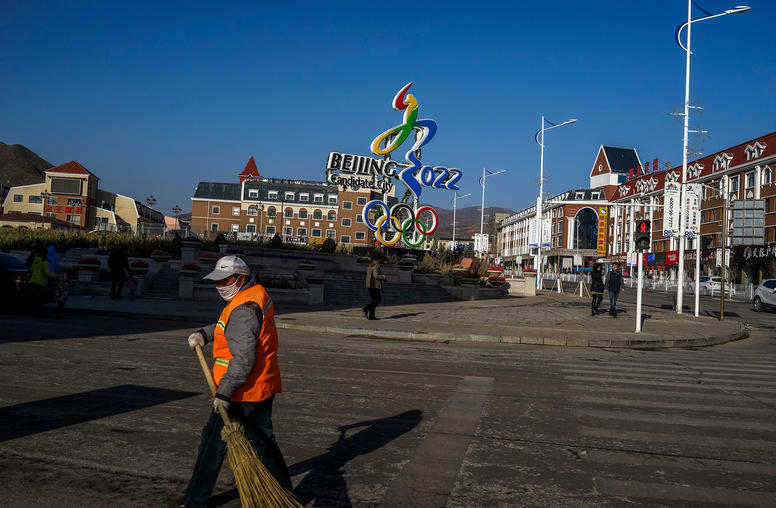
U.S. Diplomatic Boycott of Beijing Olympics: No Longer 'Business as Usual'
On Monday the Biden administration announced it would not send an official United States delegation to the Beijing Winter Olympic Games as a statement against China's "ongoing genocide and crimes against humanity in Xinjiang," as well as other human rights abuses such as in Hong Kong. U.S. athletes will still be allowed to compete in the Games, which start in February. USIP’s Lauren Baillie, Mirna Galic and Rachel Vandenbrink discuss the rationale behind the decision, how the boycott fits into the U.S. strategy surrounding the Uyghur crisis and how China and U.S. allies are responding.
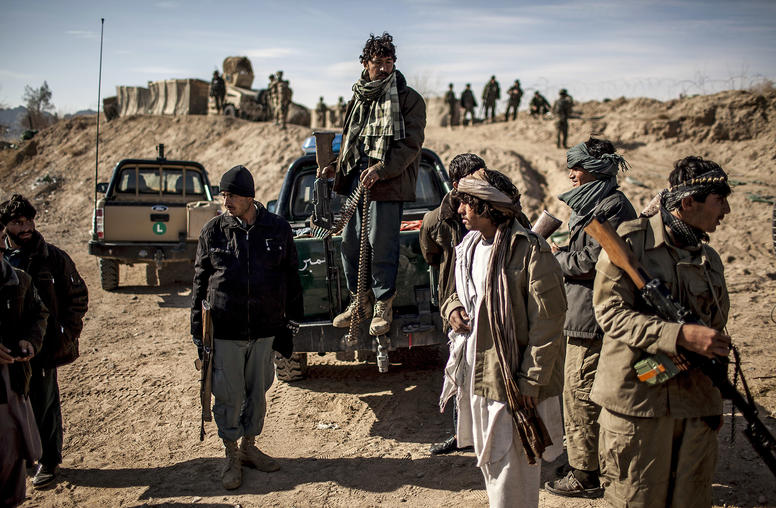
What Afghanistan Teaches Us About Evidence-Based Policy
Even as the debate over the lessons learned by the U.S. government in Afghanistan continues, several clear conclusions have emerged. One is that U.S. agencies repeatedly underestimated the time and resources needed to support a nation wracked by decades of war, while they failed to follow a consistent plan for civilian recovery efforts. U.S. personnel also lacked the training needed to be successful in the field, and monitoring and evaluation efforts did not receive the policy attention required to enable course corrections and learning.

Ambassador Makila James on Secretary Blinken’s Trip to Africa
Secretary of State Antony Blinken’s recent trip to Kenya, Nigeria and Senegal was a major step toward re-establishing U.S. engagement on the continent, says USIP’s Makila James: “Showing up matters in Africa … it’s important to demonstrate to Africans that Africa is vital to U.S. national interests.”
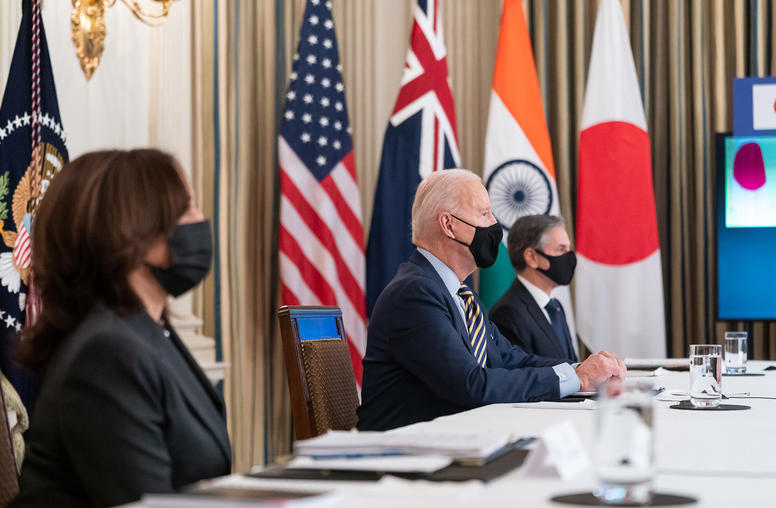
Addressing the ‘Global Challenge’ Posed by China
The United States must ensure that its focus on the Indo-Pacific region does not come at the cost of its interests in other parts of the world where China also poses a challenge, according to U.S. National Security Council Coordinator for the Indo-Pacific Kurt Campbell.
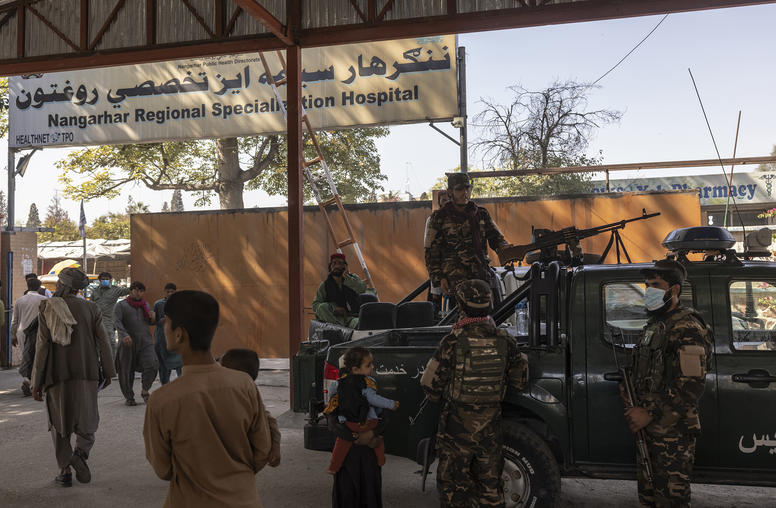
Aiding Afghan Local Governance: What Went Wrong?
After 20 years of an ambitious, costly international state-building effort, the government of Afghanistan collapsed in the summer of 2021 in a matter of weeks. The Afghan security forces’ remarkably rapid defeat earned significant attention, but the Taliban victory over the internationally backed Afghan republic stemmed equally from deep-seated political and governance factors. Across all the facets of the Western state-building endeavor in Afghanistan, there is now an enormous need to assess how the international project fell so far short of its aims.
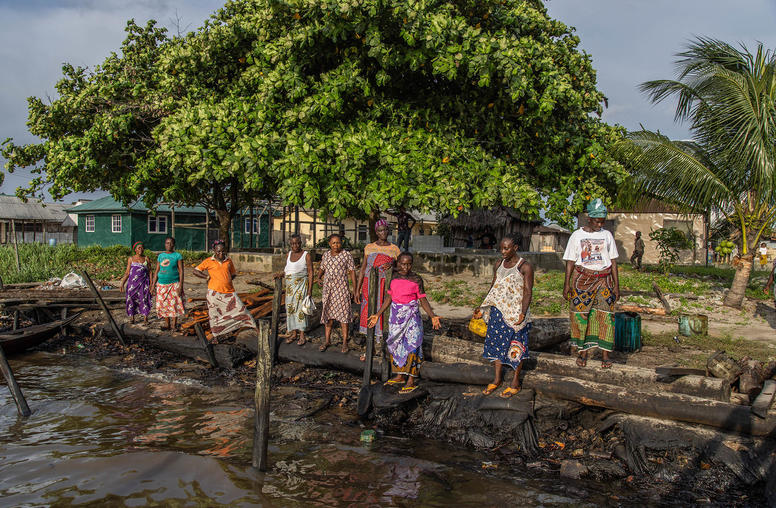
It’s Time to End ‘Business as Usual’ With Nigeria
Secretary of State Antony Blinken’s visit this week to Nigeria is timely, for Africa’s demographic giant is shuddering with its most dangerous instability in 50 years: insurgencies, uncontrolled criminality and constrictions of freedom of expression. Nigeria is failing to fulfill basic tasks of a nation-state, and its partners need to halt “business as usual” to open an honest dialogue about the current failings. For the United States, this means dropping some old practices in the way America engages Nigerians. U.S. engagements must center more on Nigeria’s citizenry, notably the 70 percent who are younger than 35, and with Nigeria’s 36 disparate states.
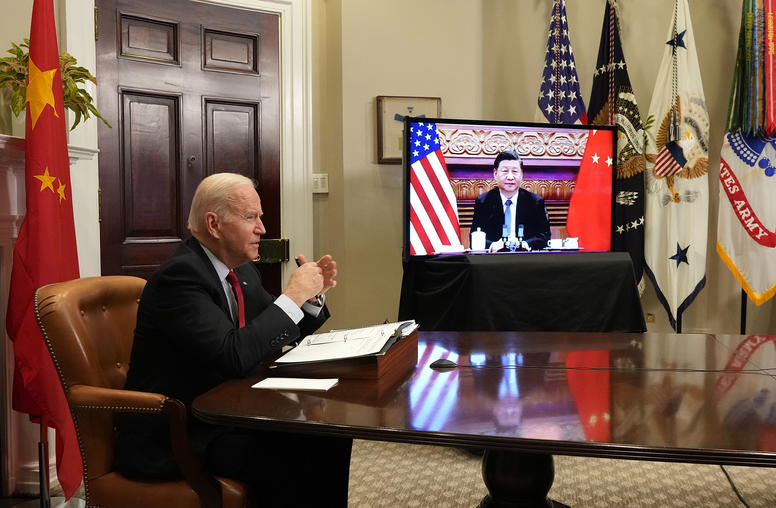
Neither Summit, nor Sidebar: Assessing the Biden-Xi ‘Virtual Meeting’
To address growing tensions between the United States and China, particularly over Taiwan, President Joe Biden and General Secretary Xi Jinping met virtually on Monday night (Tuesday morning in Beijing) for a three-hour discussion that covered a wide array of contentious issues. Both sides downplayed expectations for the session beforehand and have been relatively subdued albeit somewhat positive in their respective post-meeting statements and spins. Less formal than a summit and more structured than a sidebar, what if anything did the extended virtual top-level bilateral discussion achieve?
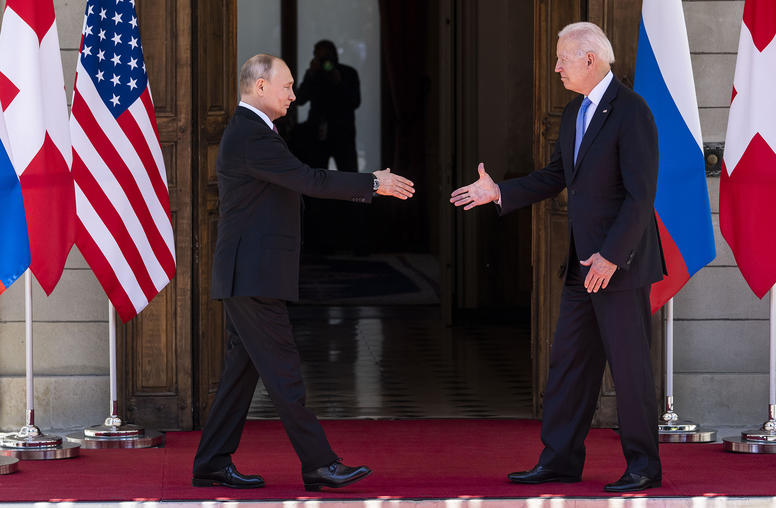
Despite Moscow’s Brinkmanship, U.S. and Russia Explore Deeper Relations
Although at odds on a host of key geostrategic issues, Washington and Moscow have this year quietly sought to stabilize the tension-laden bilateral relationship. A June summit between Presidents Biden and Putin in Geneva has been followed by several high-level engagements in recent months between...
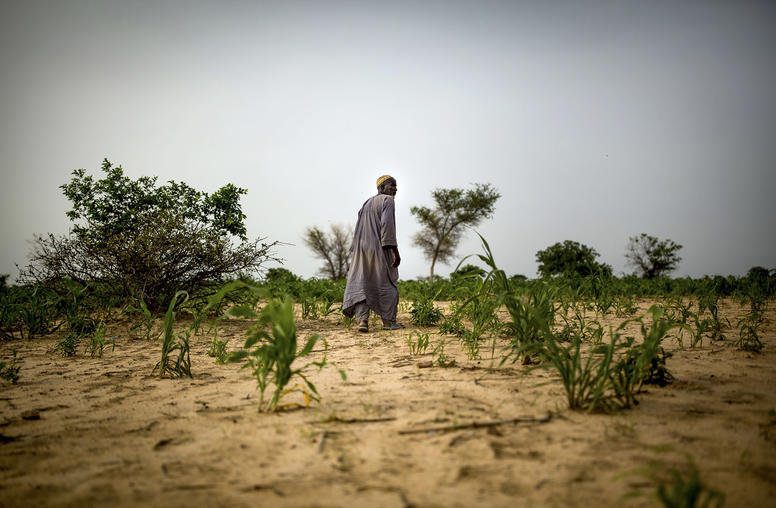
Facing Climate-Driven Migration and Displacement Head-On
In the run-up to the COP26 summit on climate change, the U.S. government released its Report on the Impact of Climate Change on Migration on October 21 — one of three major climate reports, along with the National Intelligence Estimate and the climate risk analysis by the Department of Defense, from the Biden administration. With these reports, the U.S. government now formally recognizes that climate change is likely to contribute to significant displacement and migration, and with it, political and social instability that jeopardize U.S. interests.
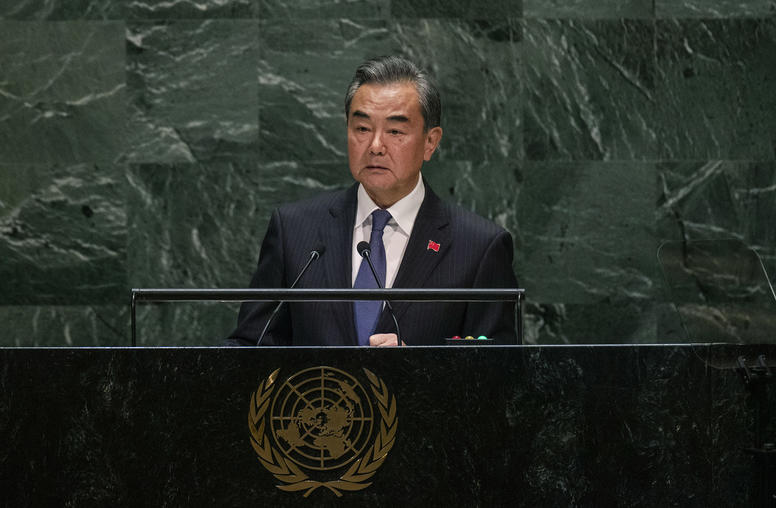
How China Responds to Instability on Its Periphery: Lessons from Afghanistan and Myanmar
China’s timid rhetoric and underwhelming actions vis-à-vis recent political upheaval in two different neighboring countries belie the image of a confident and assertive Beijing. What explains this apparent paradox? Despite the ruling Chinese Communist Party’s outward bravado, combined with unprecedented expansion of China’s regional and global activities and presence, Xi Jinping and his Politburo colleagues remain wary when it comes to taking risks abroad. Certainly, when China believes its interests are being directly attacked, such as in recent disputes with Australia and India, the state has opted for riskier, more aggressive moves. But where Beijing is not a direct party to the conflict, caution can override its willingness to take action that would show its hand or put China in a situation where it is not guaranteed to avoid a messy exit, à la the United States in Afghanistan.